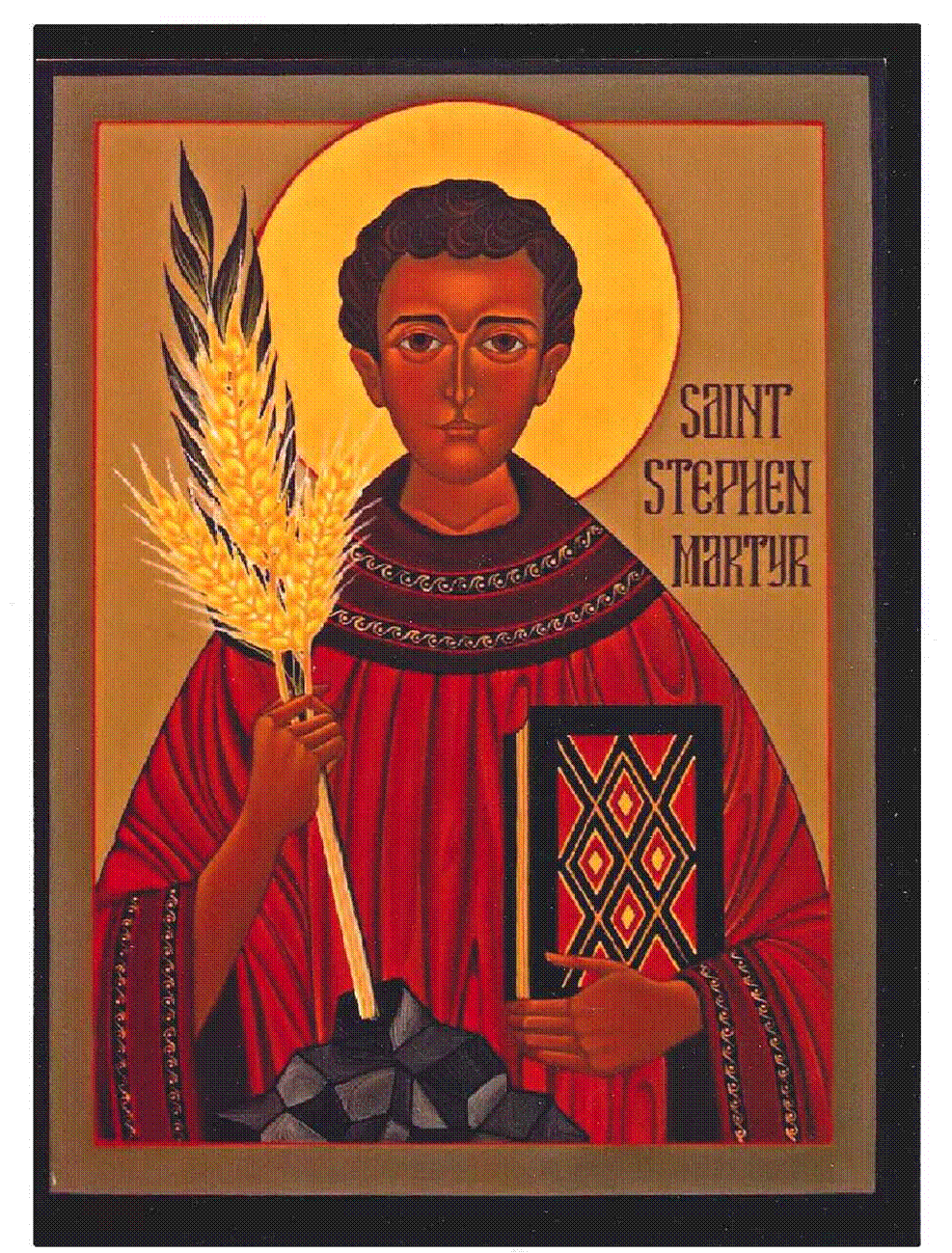Words Matter
- Ann Iona Warner
- Nov 20, 2019
- 3 min read

I pulled up to church one Sunday morning when the bells at Westminster Presbyterian started to play "Holy, Holy, Holy." It's one of those hymns I know, so I was singing along:
Holy, holy, holy, Lord God Almighty!
Early in the morning our song shall rise to thee.
Holy, holy, holy, merciful and mighty!
God in three persons, blessed Trinity.
Except, that in place of the last line, I sang my favorite words from the hymn:
Which wert and art, and evermore shall be.
Those words roll deliciously in the mouth. I’ve loved them since I was a kid, though I’m not sure I ever really placed a meaning to them.
That Sunday, however, I had an epiphany.
Which wert and art, and evermore shall be = Christ is dead, Christ is risen, Christ will rise again
We had been using that response as part of the Eucharistic prayer at the time.
I've sung the hymn most of my life, I've only done that Eucharistic response the last few decades, so there was always a disconnect. But that Sunday, I suddenly made the connection. I can be a bit slow sometimes.
A few weeks ago, I wrote about some of the themes from old hymnals, one of which was "Rogation and Harvest." Someone asked me if it should be "rotation," which makes perfect sense in the sense of planting and harvest. But, no, the word is rogation, which means supplication or humble prayer. (FYI, the hymns from that theme eventually made it into a theme called stewardship.)
Church language is full of odd words. Words like wert, Eucharist, and rogation used to part of the regular vocabulary. Vocabulary has changed over the years, but the language of the church hasn't necessarily changed.
Each church has its own vocabulary, and it can sometimes be a stumbling block to those who are new to it. LCS (Lutheran Community Services), LVC (Lutheran Volunteer Corps), Hilltop (Hilltop Lutheran Neighborhood Center), EBD (Empty Bowl Dinner). The letters and shorthand references can be confusing even for those who have been around St. Stephen's for a while.
Our service assistants include lectors (readers), chalice bearers (person who holds the cup of wine or grape juice during Communion), and crucifers (person carrying the cross during the procession). How can someone know if they would like to volunteer if we use strange words to define the jobs?
Someone on Facebook asked if using inclusive language was important. Pastor Jason replied with a "Yes." Inclusive language balances male and female language or uses neutral terms. Many of our hymns in the cranberry hymnal were altered to make them inclusive. You may have noticed occasional prayers in the church to Mother God, or prayers for our siblings, rather than brother and sister.

The exclusive language made sense hundreds of years ago when the priests of the prevalent Catholic church could use the separation of language to maintain control over knowledge. Martin Luther broke those bonds by encouraging worship and promoting Bibles in local languages. But, even after 500 years of using the language of the people, the church can't seem to break from some of its specialized vocabularies.
Please, if you see or hear things that you don't understand, ask the Pastor or someone else who would know. It's good to find out what people are unfamiliar with.
- Ann Iona Warner
































Comments